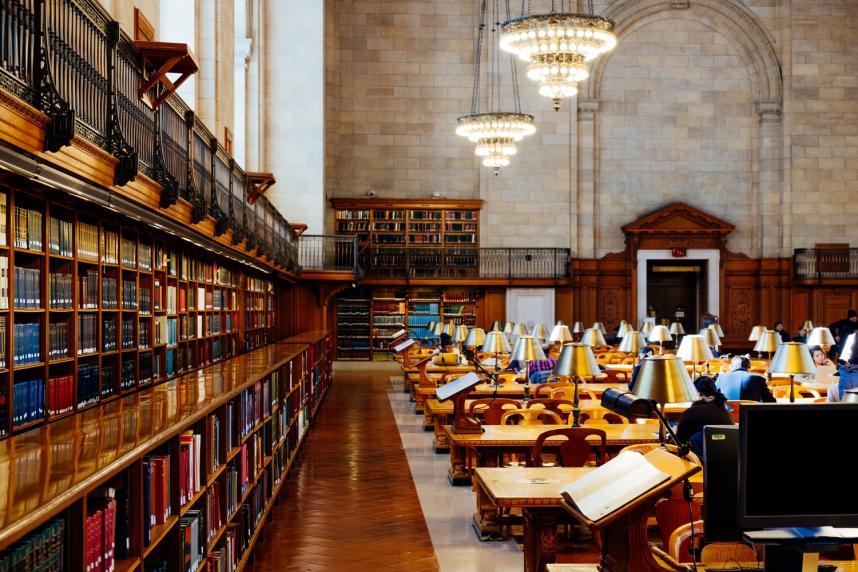The Yomiuri ShimbunA bill aimed at expanding and improving barrier-free reading environments for the visually impaired and other disabled people, through such measures as increasing the number of braille materials and recorded books available in public libraries, will be submitted to the Diet by a suprapartisan group of lawmakers.
Chaired by Seiichi Eto, a special adviser to Prime Minister Shinzo Abe, the group promotes greater access to information and communication for disabled people. It has decided to submit the bill to the ordinary Diet session set to be convened later this month.
A draft outline of the bill compiled by the group stipulates that the central and local governments must bear responsibility for establishing an environment that makes it easier for visually or physically impaired people to read books. It requires the education, culture, sports, science and technology minister, and the health, labor and welfare minister, to compile a basic plan to disseminate materials such as braille books and recorded books for people who have difficulty turning pages or reading in general.
The group further incorporated in the draft outline a call for the central government to take necessary measures to promote the spread of books for visually impaired people and other disabled people at the National Diet Library, public libraries and libraries attached to schools, among other similar facilities.
The group compiled the draft outline in a bid to gain financial support from the central and local governments, to increase the number of recorded books and promote braille translation. It also calls for taking steps to disseminate digital books that allow visually impaired readers to play recorded voices.
The draft outline incorporates the need to financially support the visually impaired and other disabled people so they can purchase tablet-type devices to read e-books and attend relevant lectures. It says the central government must establish a framework to encourage relevant publishers to provide such materials as the electric data of books they possess.
According to the Education, Culture, Sports, Science and Technology Ministry, the number of books converted into braille and recorded books is still low. Of about 420 million books owned by public and private libraries across the nation, only about 1 million are available in braille and as recordings.
The Copyright Law allows in part for the reproductions of books for the purpose of providing them to those who are unable to visually read the original materials.
Following the law’s revision in May 2018, permission to reproduce materials was extended to usage for those who are unable to read for other reasons than being visually impaired, such as physically disabled people. The revision took effect Jan. 1.
When the Diet passed the revision, a supplementary resolution was also adopted urging the government to take legislative measures to beef up services at libraries for disabled people. Speech

